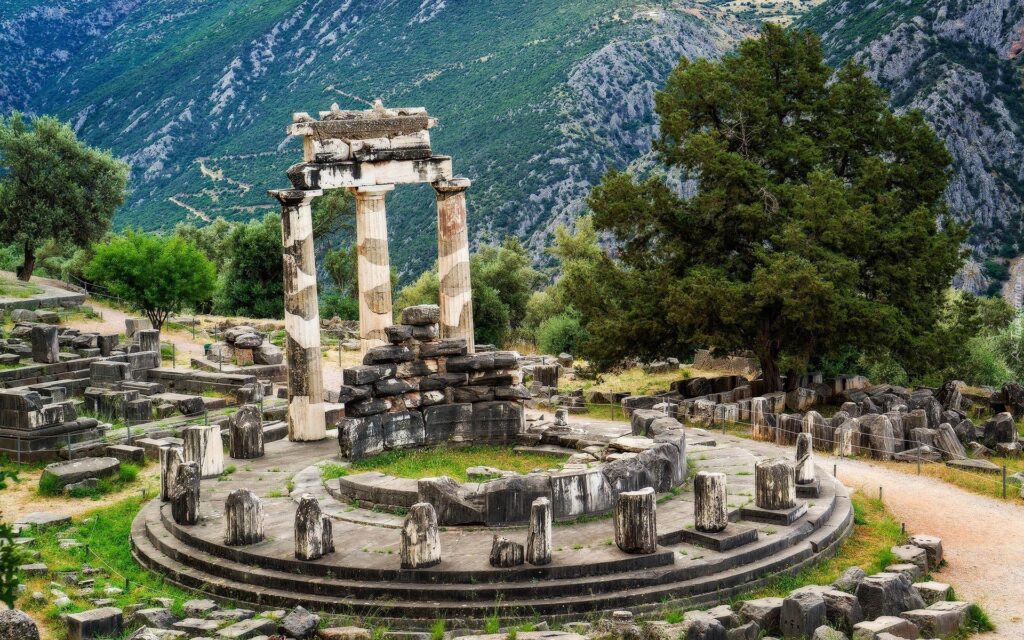
The archaeological site is located at an altitude of 500-700 m above sea level. According to one of the myths, two eagles sent by Zeus from the ends of the universe met in Delphi to find the so-called the navel of the world. The first traces of settlement in the Delphi region come from the Neolithic period (approx. 4000 BC) – ritual traces were discovered in one of the caves on the slope of Parnassus. In the Mycenaean era, there was a settlement and cemetery on the territory of the sanctuary, the remains of which were found during archaeological works.
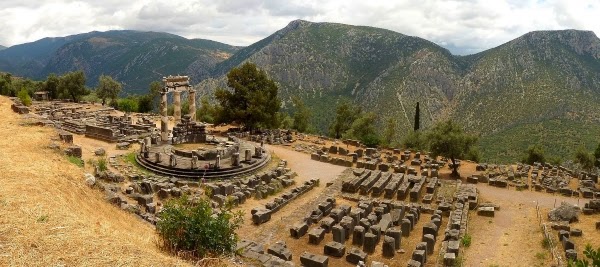
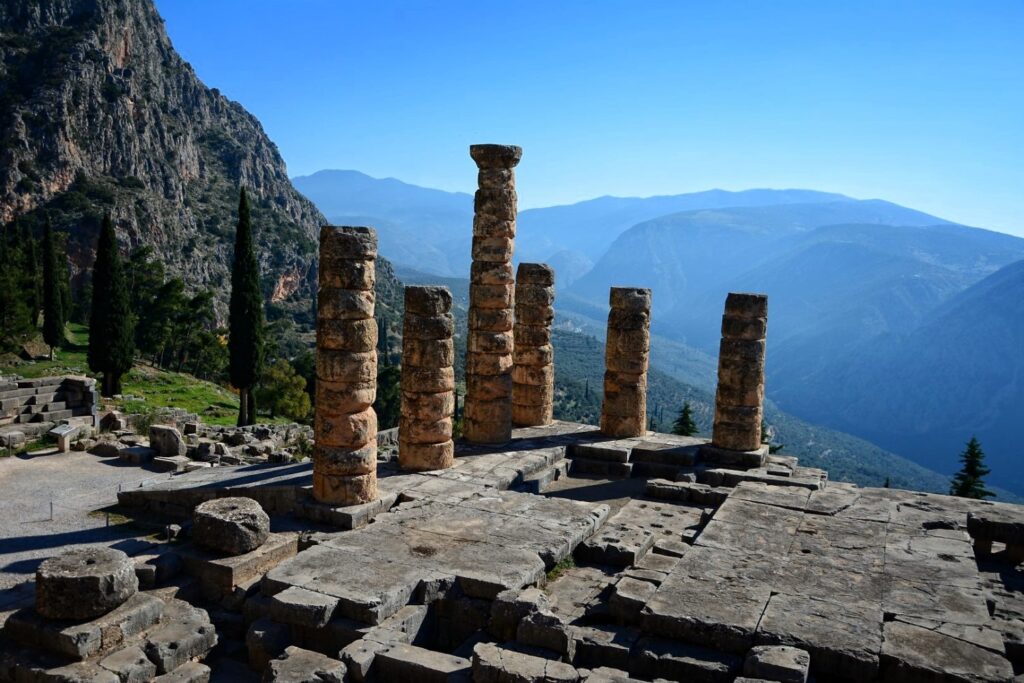
The main polis of the Delphic Amphictonia
At that time, there was a sanctuary of the goddess Geia or Athena, who gave prophecies through a priestess. Delphi was the main center of the Delphic Amphictyony – a union uniting 12 polis from the territories of Thessaly and south-central Greece.
It organized the Pythian games
and controlled the finances and activities of the sanctuary, which in the 6th century BC gained autonomy, remaining under the protection and administration of Amphictynia.
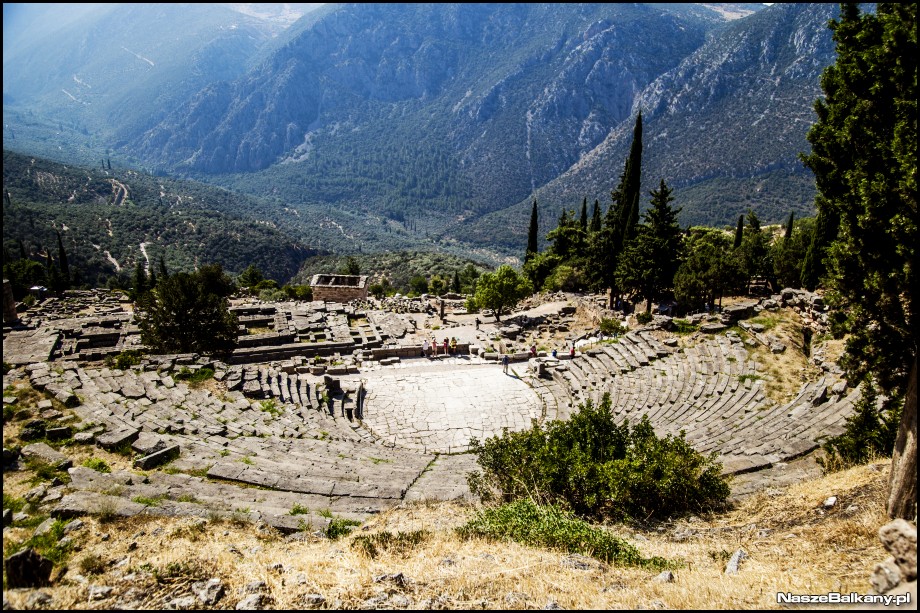
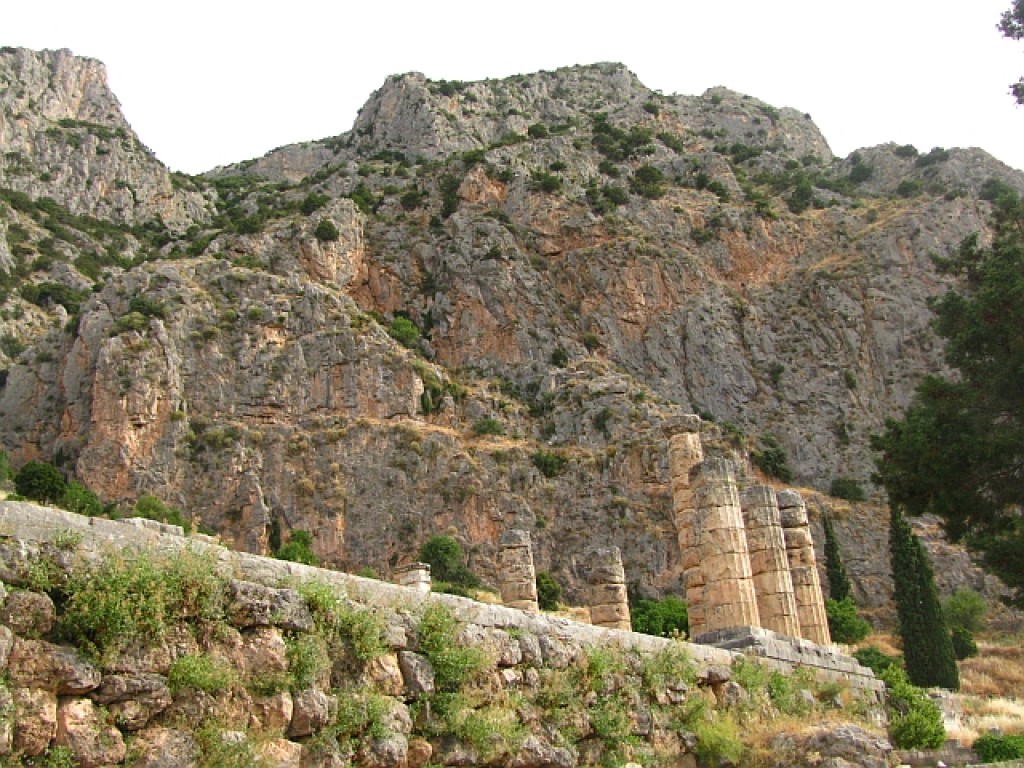
Under Apollo's protection
Delphi then expanded its territory, increasing its religious and political influence. During the war with Persia in 480 B.C. According to legend, Delphi was saved thanks to the intervention of Apollo, who sent a rock avalanche to make the Persian soldiers escape. w panice.
The best oracle period
Delphi enjoyed the greatest respect
in archaic Greece – the best years of the oracle were for the period 6th–4th century BC The Delphic oracle was recognized considered the most reliable. It was believed that events related to, among others, with Deucalion’s flood, the expedition of the Argonauts and the Trojan War,
as well as the founding of Greek colonies.
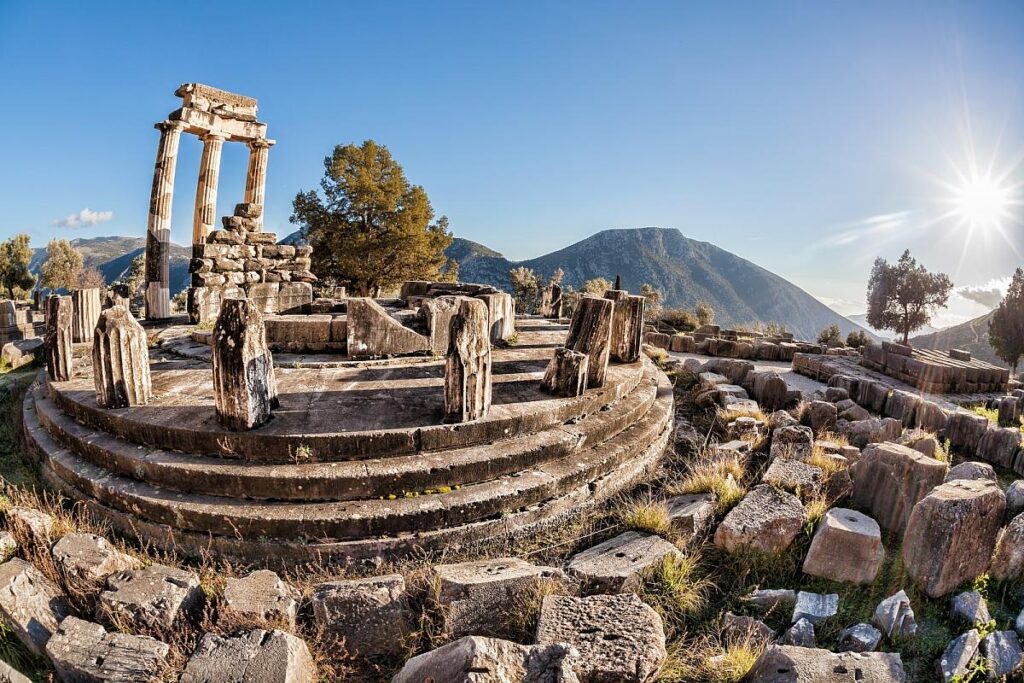
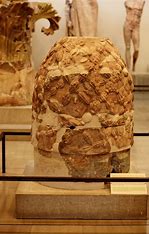
The Oracle
The Pythia sat in the oracle, sitting on a tripod and predicting the future. Apollo was said to have spoken through the Pythia. Her answers were a stream of disconnected words that the priests composed into predictions composed in hexameter.
Pythian Games
The Pythian Games were Panhellenic games held in honor of Apollo, initially every eight years, and later every four.
The games lasted for seven days and included singing competitions in praise of Apollo, dramatic and comedy performances, and sports competitions,
whose program included, among others, dolichos, ancient pentathlon, pankration or chariot racing
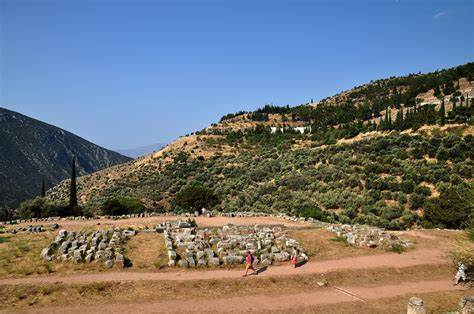
Sprawdź również wersję polska artykułu–>